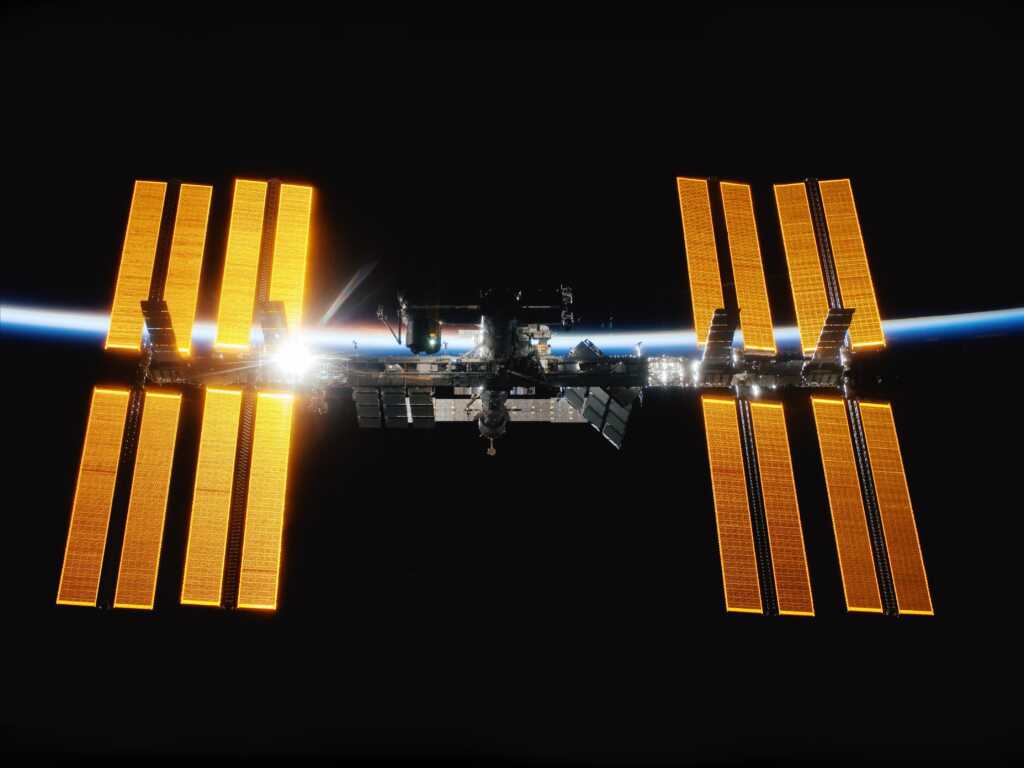A team of astronauts from the U.S. and India have made an out-of-this-world discovery — literally. They’ve found three new lifeforms at different locations onboard the International Space Station.
Between 2015 and 2016, the astronauts investigated three different strains of bacteria on the ISS and were able to identify one of them. The other three were “unknown to science,” CNN reported. Their findings were published Monday in the journal Frontiers in Microbiology.
Altogether, they found four strains. One, though, Methylorubrum rhodesianum, was already known and had been brought back to earth.
***As the number of voices facing big-tech censorship continues to grow, please sign up for Faithwire’s daily newsletter and download the CBN News app, developed by our parent company, to stay up-to-date with the latest news from a distinctly Christian perspective.***
The other three previously unknown, rod-shaped bacteria were found to be closely related to Methylobacterium indicum. The researchers would like the new strains to be classified as novel species and named Methylobacterium ajmalii, in honor of Indian biodiversity scientist Muhammad Ajmal Khan, who died in 2019.
In a statement, the scientists who investigated the bacteria said the new strains might be “biotechnologically useful genetic determinants” to aid with plant growth in outer space.
“To grow plants in extreme places, where resources are minimal, isolation of novel microbes that help to promote plant growth under stressful conditions is essential,” the researchers said.
***As the number of voices facing big-tech censorship continues to grow, please sign up for Faithwire’s daily newsletter and download the CBN News app, developed by our parent company, to stay up-to-date with the latest news from a distinctly Christian perspective.***
The scientists noted in their study that the three new strains “were isolated at different time periods and from various locations,” adding, “Their persistence in the ISS environment and ecological significance in the closed systems warrant further study.”
They have been tasked by the NASA Space Biology Program “to survey the ISS for the presence and persistence of the microorganisms.”
“Needless to say,” the researchers added, “the ISS is a cleanly maintained extreme environment. Crew safety is the No. 1 priority and hence understanding human/plant pathogens are important, but beneficial microbes like this novel Methylobacterium ajmalii are also needed.”



